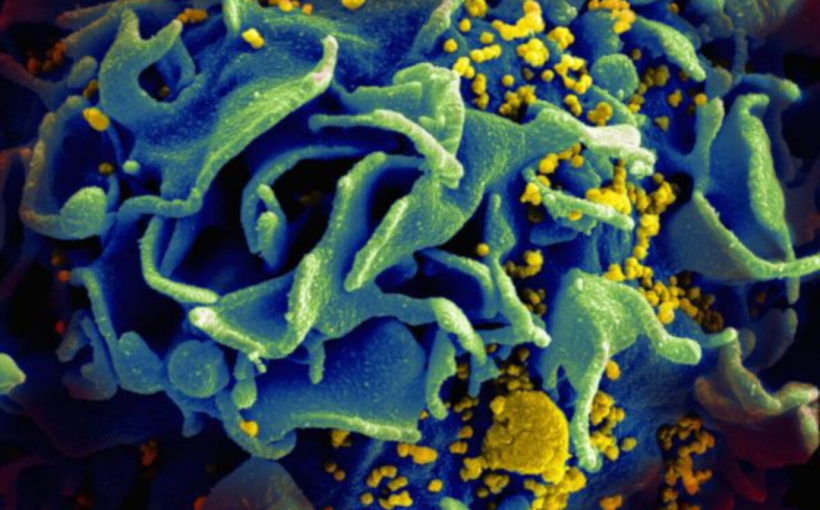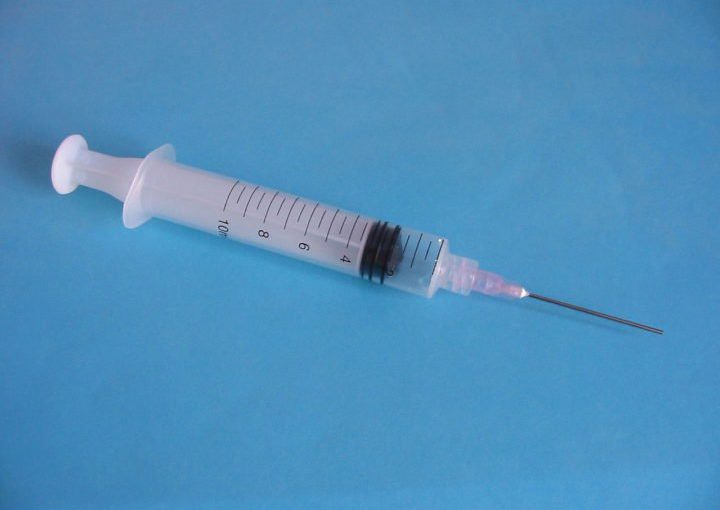In a recent study using mice, lab-grown human retinal cells and patient samples, Johns Hopkins Medicine scientists say they found
Month: November 2019
Activation of opioid receptor uncovered
Together with colleagues from Shanghai, Brussels, Canada and the USA, researchers from the University of Bonn have uncovered the binding

Immediate treatment with antiretroviral therapy helps infants with HIV
HIV infection among infants remains an enormous global health challenge. Each day, 300 to 500 infants in sub-Saharan Africa become
How malaria parasites evade frontline drugs
Malaria parasites are rapidly developing resistance to front-line drugs across the world, threatening to undo years of progress in reducing
How do scars form?
Abnormal scarring is a serious threat resulting in non-healing chronic wounds or fibrosis. Scars form when fibroblasts, a type of
Stem cell therapy helps broken hearts heal in unexpected way
Stem cell therapy helps hearts recover from a heart attack, although not for the biological reasons originally proposed two decades

Blocking protein that edits DNA could stop triple negative breast cancer’s spread
Scientists have taken an important step that could lead to a treatment for the most dreaded form of breast cancer,
Gunshot injuries have long-term medical consequences
Researchers are trying to identify injury patterns and predict future outcomes for victims of gun violence who are seen in

Space travel can make the gut leaky
Bacteria, fungi, and viruses can enter the gut through the food we eat. Fortunately, the epithelial cells that line our

Simulating amino acid starvation may improve dengue vaccines
Eating a low-calorie diet can help you live longer and prevent age-related diseases – and even improve the immune system’s
